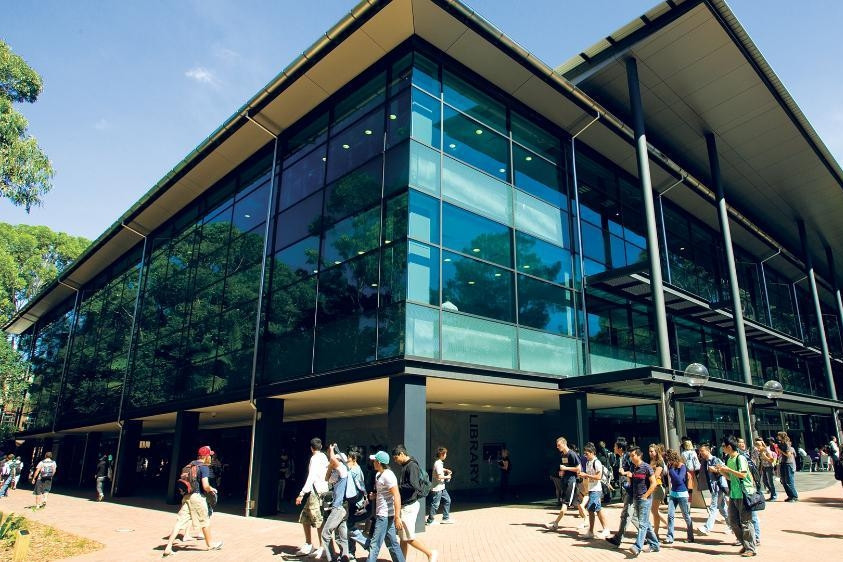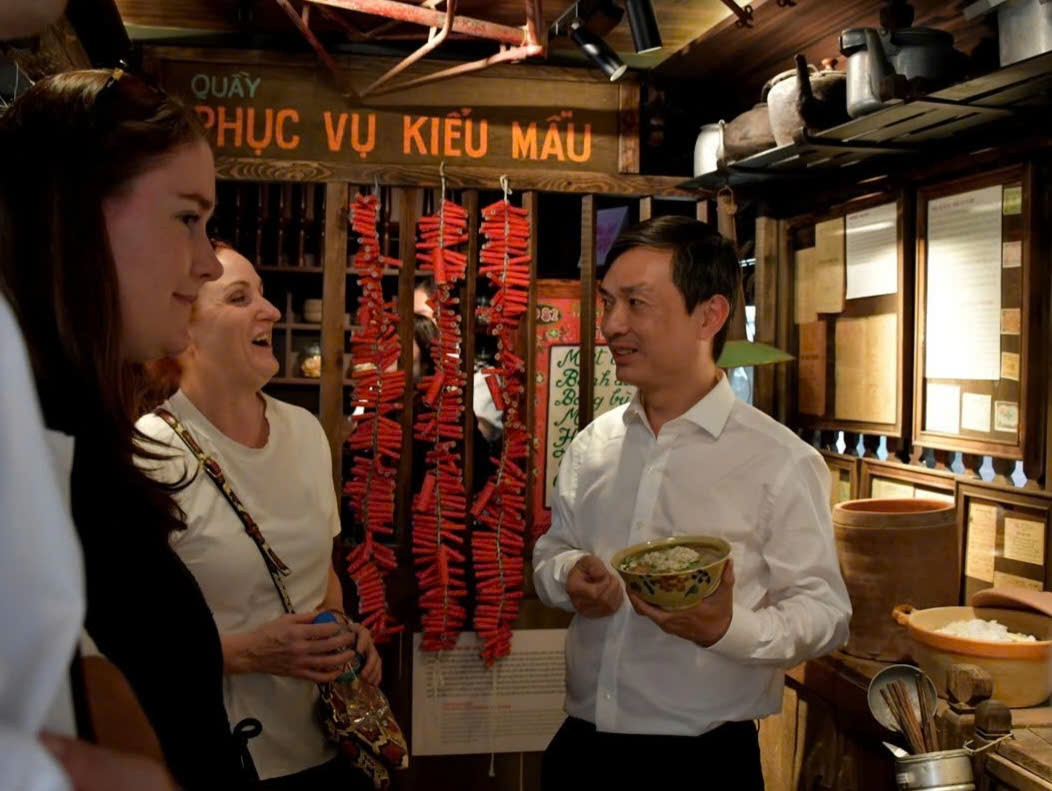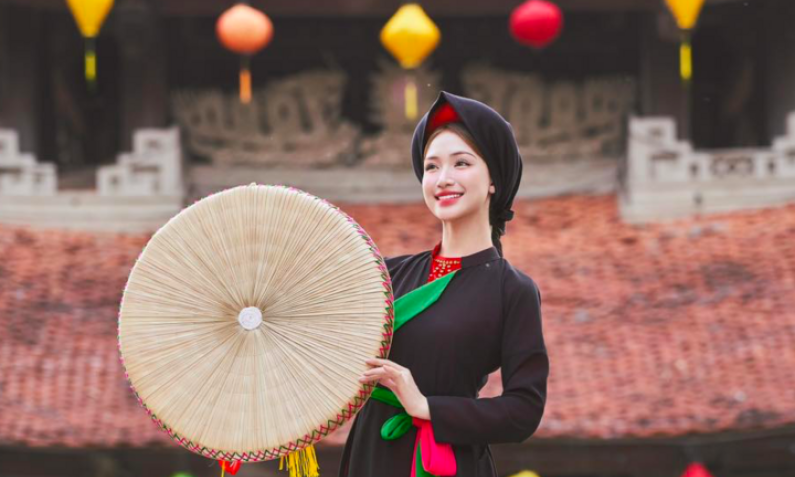According to statistics from the New Zealand Immigration Department, about 84% of Vietnamese people applying for student visas are accepted, higher than the world average.
At the recent New Zealand study abroad fair, Mr. Mark Andrew, representative of the New Zealand Immigration Agency, said that according to statistics in 1 year, from October 1, 2023 to October 1, 2024, the acceptance rate of study visas for Vietnamese students was 84%, higher than the world average of 75%.
The processing time for student visa applications is usually 4.8 weeks for secondary school; 5.6 weeks for university. However, according to Mr. Mark Andrew, this is the average processing time. During peak periods, the time may be longer, so applicants should still apply for a student visa at least 3 months before starting their studies.
Applicants for a student visa need to demonstrate that they have sufficient funds to pay for the first year of tuition, with students needing at least NZD 17,000 (about VND 260 million) per year for a study program lasting 36 weeks or more; undergraduates need at least NZD 20,000 (VND 306 million) per year to study for 36 weeks or more.
To increase credibility, Mr. Andrew said that candidates need to provide transaction history for the last 3 months, even the family's financial plan for their children's study abroad.
In addition, one of the factors that helps the candidate's application to be processed quickly is the application letter, which states the reason for wanting to study in New Zealand and what they plan to do after graduation.
Regarding fees, from October 1, 2024, the fee for applying for a New Zealand student visa will increase. Of which, the student visa fee will double to 750 NZD (11.3 million VND); the international tourism and conservation fee will triple to 100 NZD (1.5 million VND); the post-graduation work visa fee will more than double to 1,670 NZD (25.2 million VND).
With a visa, high school and university students can work up to 20 hours a week during school and full-time during vacations with the consent of their parents and school. Meanwhile, graduate students will not be limited in the time they can work during their studies. Currently, international students can stay in this country to work for up to 3 years after graduation.
Mr. Ben Burrowes, Acting Executive Director of International Division of New Zealand Education Agency, said that more and more Vietnamese students and parents are interested in studying abroad in New Zealand, including fields related to sustainable development, business, management, or recently new fields such as art, animation, etc.
“In the context of many countries making changes to their visa policies for international students, New Zealand is expected to maintain its current policies. Vietnamese students are always given attention and opportunities to study in New Zealand,” said Mr. Ben Burrowes.

New Zealand currently has 8 public universities, all of which are in the top 500 according to the QS world rankings 2025. Most bachelor's programs in New Zealand last 3 years, except for some majors such as engineering, medicine...
Ms. Caroline Beresford, New Zealand Ambassador to Vietnam, said that in 2023, New Zealand will welcome more than 69,000 international students, an increase of 67% compared to 2022. Of which, the secondary school sector increased by 31%, the university sector increased by 7%, reaching the highest level in the past 10 years.
Many universities in New Zealand have also relaxed their admission requirements for international students, allowing applicants to use their predicted IB, A-Level or Year 12 scores to apply instead of waiting for results. Based on the predicted scores, schools will consider admission and issue invitations to applicants. This flexibility allows students to apply early, in time for the two intakes in February and July.

Source: https://vietnamnet.vn/cu-5-nguoi-viet-co-4-nguoi-do-visa-du-hoc-new-zealand-2334028.html




![[Photo] Closing of the 11th Conference of the 13th Central Committee of the Communist Party of Vietnam](https://vstatic.vietnam.vn/vietnam/resource/IMAGE/2025/4/12/114b57fe6e9b4814a5ddfacf6dfe5b7f)

![[Photo] Overcoming all difficulties, speeding up construction progress of Hoa Binh Hydropower Plant Expansion Project](https://vstatic.vietnam.vn/vietnam/resource/IMAGE/2025/4/12/bff04b551e98484c84d74c8faa3526e0)


























































































Comment (0)